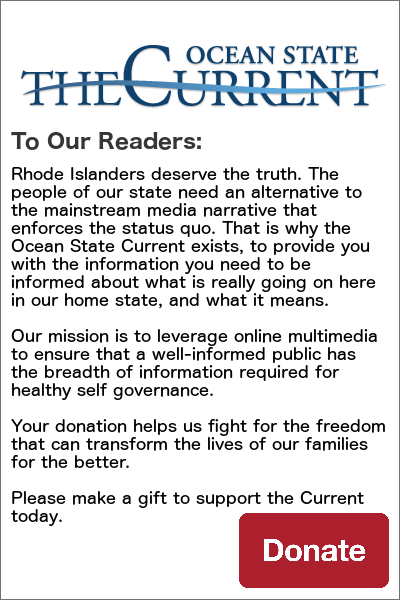The Post Office’s Delivery Neutrality
One suspects that Wall Street Journal reporters Cara Lombardo and Paul Ziobro saw their recent article on the United States Post Office’s imbalance with Amazon as residing in the “Trump tweets versus the world” category. On the social media platform, the president expressed frustration that the money-losing government agency is basically subsidizing Amazon’s business by keeping shipping costs artificially low.
The ins and outs of that conflict — woven through consumer interests, the destruction of local brick-and-mortar retailers, and so on — are interesting, but for my narrow purpose, here, it occurred to me that the matter offers a serviceable analogy to net neutrality:
… some critics suggest that the USPS is underpricing such services and that the e-commerce deliveries are being subsidized by the universal service obligation that the USPS must maintain under congressional edict. The universal service obligation is a collection of requirements that ensures all users receive a certain level of service at a reasonable price.
Like Internet service providers, the post office has a limited amount of bandwidth, and it wants to keep prices down to maximize the number of individuals and organizations that can use the service. That low price, however, creates a framework on which major players can lean their business models for greater profits than would be possible if the providers were able to absorb some of them to provide their mission-critical link in the chain.
Both issues present a need for balance, and people can obviously apply different priorities; the distinction between government and private corporations also has an effect. Both seem to me, however, to show quite readily the complex nature of balancing society’s interests and the folly of attempting to channel them through blunt government instruments.


